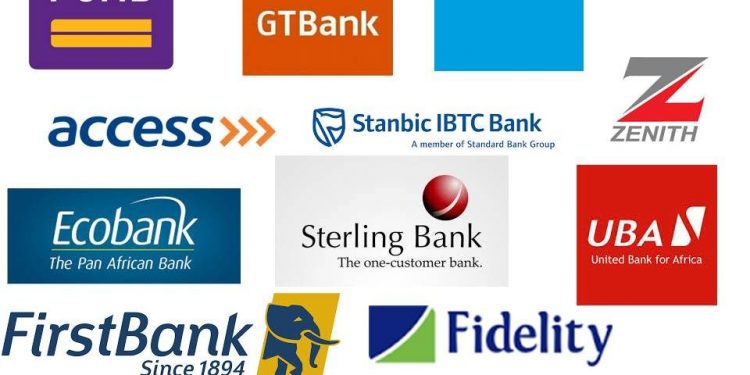The Central Bank of Nigeria (CBN) Financial Stability Report (FSR) for the first half of 2023 reveals that the solvency position of the Nigerian banking industry experienced a decline, primarily driven by the revaluation of dollar-denominated loans. The report, signed by CBN Governor Olayemi Cardoso, highlights key developments in the financial system during the review period.
The solvency of the banking industry, measured by regulatory capital to risk-weighted assets, decreased from 13.76% to 11.23%. This decline is attributed to the growth in risk assets following the revaluation of foreign currency-denominated risk assets. Despite this drop, the sector’s solvency position remained above the regulatory minimum.
Furthermore, the regulatory tier-1 capital to risk-weighted assets also witnessed a decrease, falling from 11.93% to 9.60%. While these figures indicate a dip in solvency metrics, they are still within regulatory thresholds.
The CBN noted that it continues to assess the soundness and stability of the financial system using top-down solvency and liquidity stress testing. These measures help identify and analyze vulnerabilities and risks in Commercial, Merchant, and Non-Interest Banks (CMNBs), enabling the implementation of appropriate regulatory measures.
On a positive note, the report highlighted an improvement in the quality of banks’ assets, as the non-performing loans (NPLs) ratio marginally decreased from 4.21% to 4.14%. This figure remains below the 5.00% benchmark, indicating a positive trend in asset quality.
The CBN’s ongoing efforts to monitor and strengthen the banking sector underscore its commitment to maintaining financial stability and ensuring the resilience of the Nigerian financial system.















